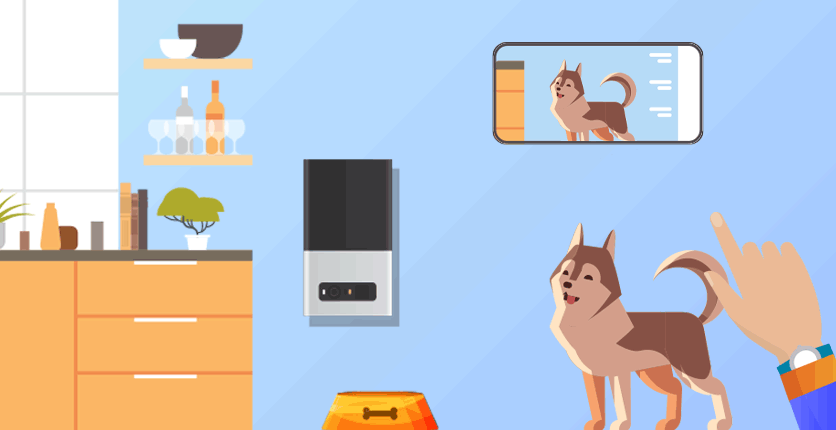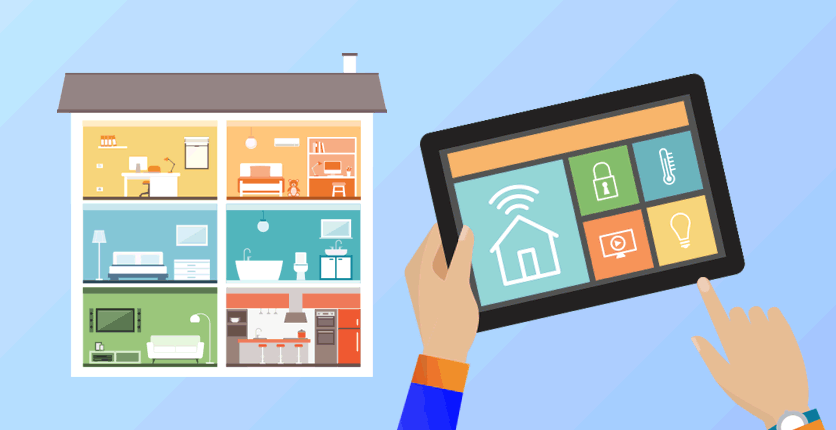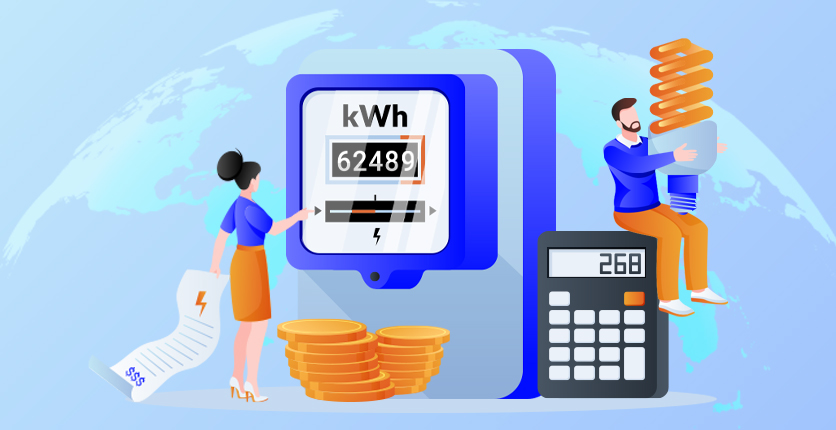Imagine returning, after a long, tiring day at work, to a home that’s comfortable and cool, thanks to an air-con unit that switched itself on minutes before you arrived. Upon opening your front door, your living room curtains draw together automatically for privacy, and the TV flicks on without you having to touch the remote control – so all you have to do is sit down and relax.
This is an automated or “smart home”. What a home automation system does is “automate” your existing electronic appliances and devices by way of sensors, app controls or even voice controls. You can also customise these appliances and devices to operate at specific times.
Most home automation devices today are plug-and-play. Some are powered either by batteries or low-voltage USB power, while others, such as light switches or motorised curtains, may require some electrical experience or help from an electrician to install.
Makes Life So Convenient
According to Ivan Mun, Vice-President of Sales & Marketing at Aztech Technologies, setting up a home automation system with his company is seamless when using their app. “The app allows you to customise the settings based on your needs and preferences. The settings can be changed anytime to fine-tune the automation experience – there’s no need to pay for a system engineer to visit your home to do the job.”
Smart Lights
Even your lights can be automated, either by changing the light source or the light switches. If you like your existing lights, Aztech Technologies’ Smart Light Switches allows you to keep them, “smarting” them in the process. Automate them further with motion sensors or door and window sensors to automatically switch on once they sense motion, or when the door is opened. Ivan adds that WiFi plugs can also be used to connect to standing lamps or table lamps so you can turn these on anytime, anywhere.
“So when you wake up in the middle of the night and walk to the kitchen to get a glass of water, the lights turn on automatically once the sensor detects your presence,” he points out. “As you walk back to your room, the lights can be set to switch off at a pre-set time. No more stumbling in the dark or having to run your hands across the wall while you find your way back to your room.”

Remote Pet Feeder
Working late and won’t be home in time to feed your pup? Not to worry. Another leading home automation company, Koble, offers a Smart Pet Feeder, which allows you to feed and interact with your pet remotely. Use the app to control the feeding time and feed amount from wherever you are; the device’s built-in video and capture features also allow you to see and talk to your pet virtually. Best of all, with the data statistics and event records feature, you can also analyse your pet’s feeding patterns, and determine the best amount and time for automated feeding.
Digital Locks
There’s also no need to wonder if you locked your front door behind you after you’ve left the house. Singapore-based smart home brand, Meguard, has a wide range of products to make your home more secure, from motion sensor lights to a smart lock, which lets you check the status of your door. Lock or unlock it remotely and even check entry records with the flick of a finger, for extra peace of mind.
How Does Home Automation Save You Money?
Forgetting to turn off devices and appliances before you leave the house can add to unnecessary charges on your utility bill. But with home automation, you can even control devices and appliances that consume electricity while they’re on standby mode or not in use, such as set top boxes and water heaters. This helps you save energy, and therefore, money.
Smart home devices consume very little electricity, almost negligible compared to the overall home consumption, says Ivan. It’s hard to tell how much money home automation can save you per year on your utility bills, but your savings will likely be from a reduction of wastage across different appliances and wasteful habits like forgetfulness and carelessness.
For more tips on how to save money and the planet, click here.
Do you have a smart home? Share your experience with us at magnsman@sph.com.sg!








